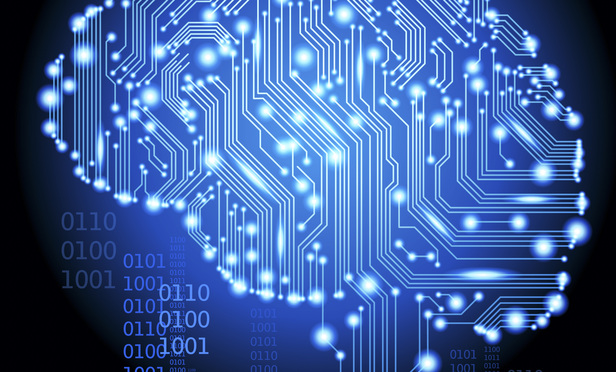Recent advances in artificial intelligence have led many law firm leaders to conclude that computers will replace more and more junior lawyers over the coming decades, with employment gradually hollowing out from the bottom up.
Such predictions may be off base, if a new academic paper, “Can Robots Be Lawyers?,” is correct. The draft paper, authored by Dana Remus, a professor currently on leave from the University of North Carolina School of Law, and Frank Levy, an urban economics professor emeritus at Massachusetts Institute of Technology, examines specific ways that automation might or might not be applied to a range of legal tasks. The study finds that while many tasks may be automated, most legal work is too complex—and too important—for even the most advanced machines to learn and replicate.





